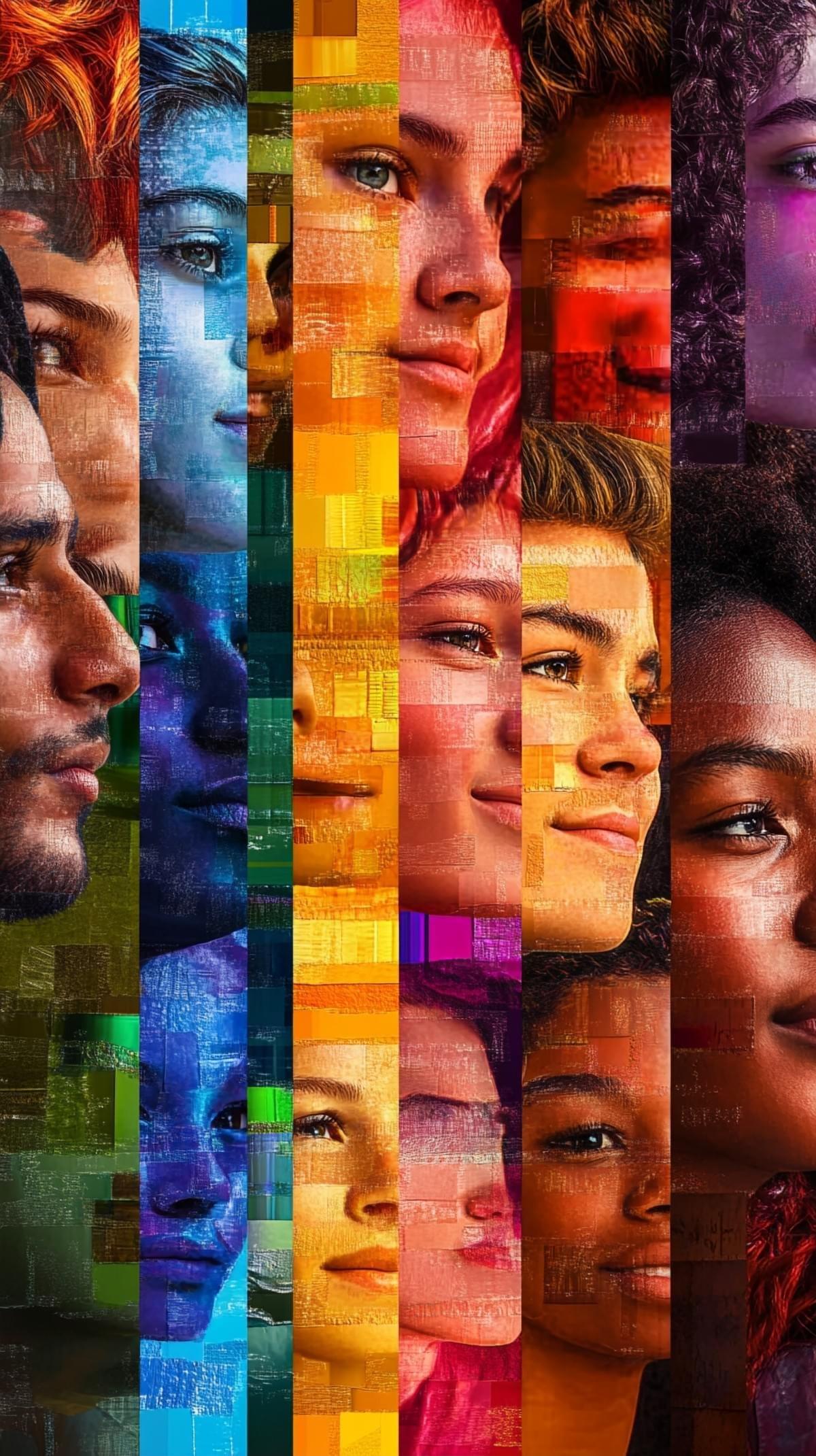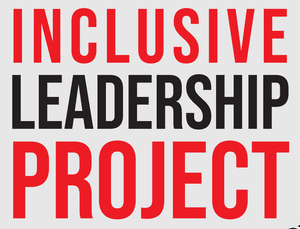
Making Sound Decisions
A Systems Thinking, Neuroscience and Identity Based Coaching Practice
The Challenge:
Every day we make seemingly simple and complex decisions that impact ourselves and others, and whether we think so or not, most of us make choices with inadequate thinking processes, incomplete information and unhelpful, unsolicited input.
We can meet the challenge by:
- Learning to intentionally manage our systems thinking processes by building the skills needed to instinctually organize information, recognize and adapt to complexity and solve problems.
- Becoming more aware of the two voices in our head, the “fight or flight” driven protective voice and our consciously aware “observer” voice that knows what we genuinely think and want and what we’re really afraid of.
- Better understanding our self created identities - who we are through the stories we tell ourselves, from interacting with others, and how we represent ourselves in the world externally and internally. We can build and re-construct identities of self-limitation or possibility.

The Nuts and Bolts
Systems Thinking Processes (1)
“The very way we organize information to make meaning by creating mental models is the result of how we organize information.” *Derek and Laura Cabrera
We all would benefit from more awareness about the world we construct in our heads - where we think we know how things work and what they are, and believe our created reality is reality. It’s not. Our mental models are built on our stories, plans and assumptions that rarely reconcile with the real world.
There’s a blueprint we can use to organize information in our minds to better make sense of the world and more effectively shape our mental models. Through a mental fitness practice we can learn to: see the structures underneath confusion and chaos, identify connections and contributors to the web of causality, understand the causes that reinforce and cancel each other, and gain greater clarity as to whether our solution matches the complexity of the problem.
Gaining such skills uncovers our awareness of cognitive traps including but not limited to: reality bias, confirmation bias, negativity bias, anchoring bias, sunk cost fallacy… and that awareness better ensures we make choices that square-up with reality.
Asleep at the wheel: The voices in our head (2).
If we’re awake we’re listening to one of the voices inside our head. They talk constantly sharing over six thousand thoughts a day. Our brain weighs in whether called to or not and the information isn’t always what we need.
The voice that talks the most exists to protect us. It comes from our Amygdala where it appraises meaning, processes social signals and activates emotions. It downloads snapshots of established ways we’ve used information before, keeping us from exploring other possibilities, and casts shadows of prior learning on present experiences. It impacts how we perceive, feel and think in the present by constantly dropping past-informed, protective thoughts that disguise feelings as knowledge.
Alongside our Protector voice, whispering in the corner, lies our Observer voice. It’s consciously aware of our thoughts and comes from many different areas of the brain including our Pre-frontal Cortex, the source of our creative and intellectual activities. It knows what you genuinely think and want and what you’re really afraid of - it gives you that “inner sense of knowing,” where you can find a more accurate and deep, intuitive understanding of your thoughts.
Your Protector triggers emotions that regularly drive decisions. Your Observer knows that emotions are real, but not necessarily true. It wakes you out of autopilot and gives your authentic self a vote in what you’re choosing or doing.
Through an Embodied Self Awareness practice, we can learn to pause, listen and weigh what our voices say... and then construct our thoughts before acting on them.
Who Do I Want To Be? Creating our Identity (3)
We create identity throughout our lives and it’s malleable. We decide who we are through the stories we tell ourselves and how we interact with others, which determines how we decide to show up every day. We’ve each created our own, “Me Brochure,” in our mind, and default to it when we make decisions. We can construct an identity of self-limitation or possibility… it’s our choice.
We’ll utilize the Me Brochure Assessment to gather data and learn how we choose who we are and how it influences our decisions. We’ll factor in the iEQ9 Integrative Enneagram and analyze, question and reshape our identities by asking ourselves if our chosen identity components serves us and others.
We can shift from “Me” to “We” thinking by moving from a constructed identity that’s centered on the self as limited to the boundaries of our body, to one that includes the sense of being a member of a larger whole.
Why “Me” to “We” thinking? First, the most effective cultures arise when people want to belong to them - where they know their contributions matter - cultures focused on the general well-being of everyone.
Secondly, we’re pre-wired for “We” or relational thinking:
Definition of The Mind (verb) by Daniel J. Siegel MD:
An embodied and relational process that regulates the flow of energy and information. It can be viewed as an emergent process that arises in the form of self-experience (subjectivity), and self-organization (regulation) as energy and information flow within and between people.
Let's talk about you and your team:
- Developing an innate systems thinking process of mentally organizing information to solve problems and adapt to complexity
- Intentionally managing, directing and constructing your thoughts
- Moving from a constructed self-centered identity to one that includes the sense of belonging to a larger whole - shift from “Me” to “We” thinking… resulting in greater, authentic engagement

- Learning to intentionally manage our systems thinking processes by building the skills needed to instinctually organize information, recognize and adapt to complexity and solve problems.

Visit Joel’s Healthy Aging, Anti-Ageism Coaching site:
© 2025. Joel Kampf


